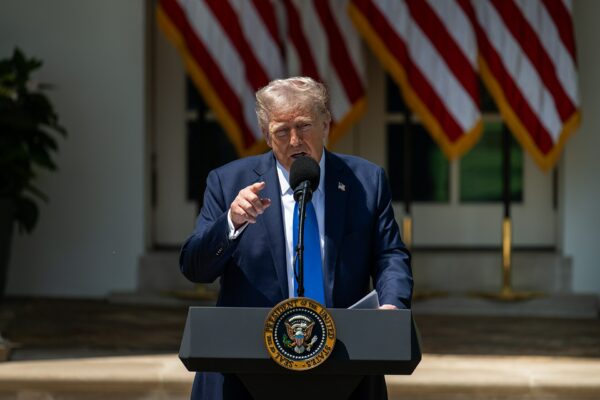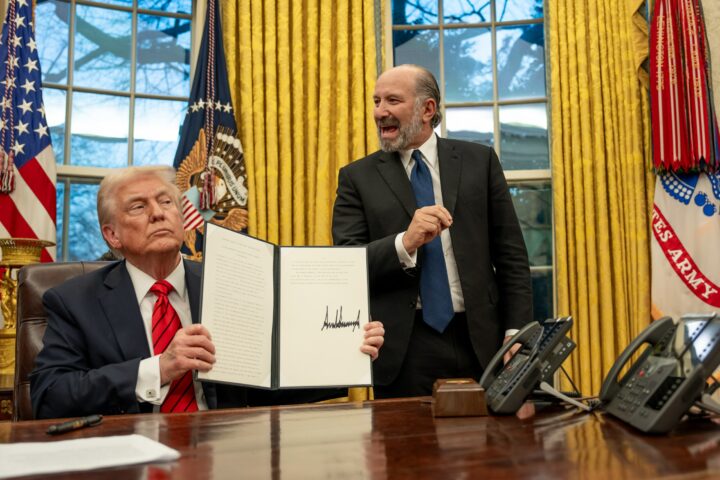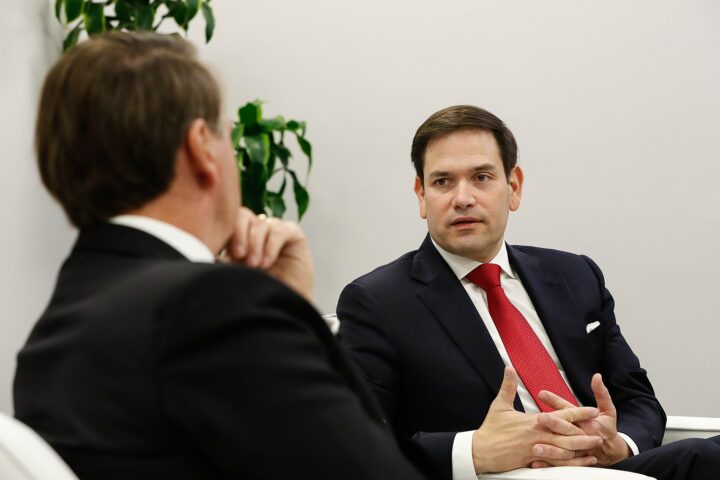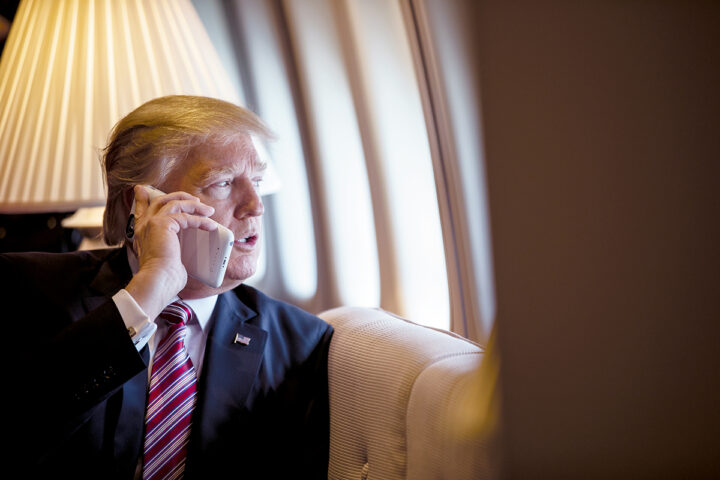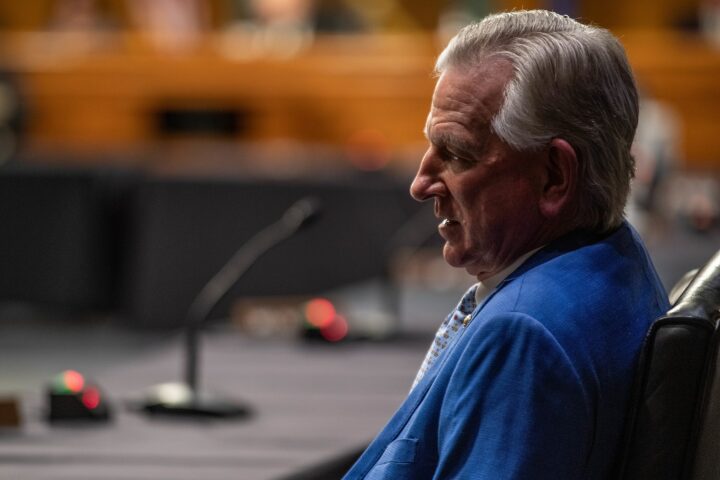President Donald Trump reportedly signaled a firm stance against escalating Russian rhetoric on Friday, announcing via Truth Social that he had “ordered two nuclear submarines to be positioned in the appropriate regions.”
The move followed pointed remarks from former Russian President Dmitry Medvedev, who warned Trump not to follow in the footsteps of former President Joe Biden, accusing the former vice president of engaging in “a game of ultimatums.”
Trump, returning to the aggressive posture that defined his first term’s foreign policy, dismissed Medvedev’s comments as “foolish and inflammatory,” and cautioned that “words are very important, and can often lead to unintended consequences.”
Though Trump did not specify whether the submarines referenced were nuclear-powered or nuclear-armed, the statement was seen by many as a clear signal to Russia that his administration will not be baited or bullied.
Fox News host Will Cain discussed the exchange on The Will Cain Show, acknowledging the seriousness of the moment. “I don’t know if we can just say this is saber-rattling,” Cain told guest Ben Shapiro.
“I don’t think we’re on the verge of war with Russia, but that’s two guys talking like we’re on the verge of war.”
Shapiro, a longtime conservative commentator, backed Trump’s approach while cautioning Russia against underestimating him. “Playing chicken with President Trump is a bad game,” Shapiro said. “That is a stupid game to play with the President of the United States.”
Trump’s foreign policy, long defined by a peace-through-strength philosophy, appears to be continuing that legacy into his second term.
His administration has already prioritized national defense and strategic deterrence, especially as adversaries test American resolve across the globe.
The deployment of submarines—unclear in capability, but deliberate in timing—reflects a message consistent with Trump’s approach: deterrence through readiness, and strength through clarity.
Cain closed his segment with a warning of his own: “We don’t want to get in a button-measuring contest,” he said. “It usually weighs out on the side of the United States.”
As the Biden-era ambiguity in foreign policy recedes into the rearview, Trump’s renewed clarity on the global stage—particularly toward adversarial powers like Russia—is already forcing new conversations about deterrence, strength, and the importance of American leadership in an increasingly unstable world.

